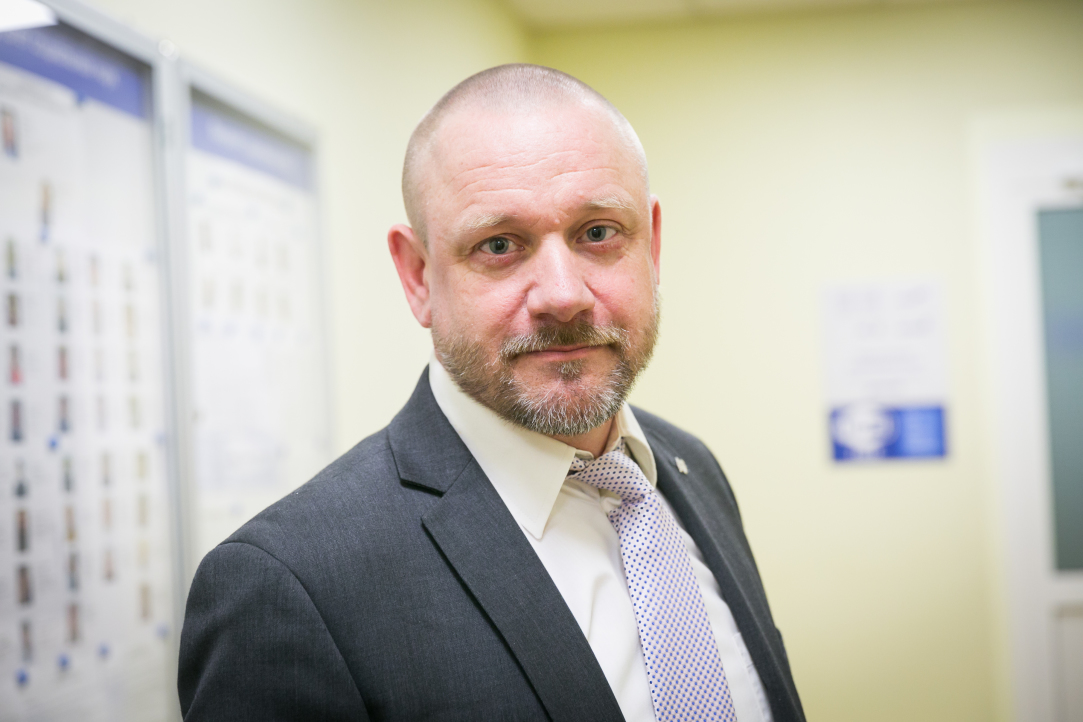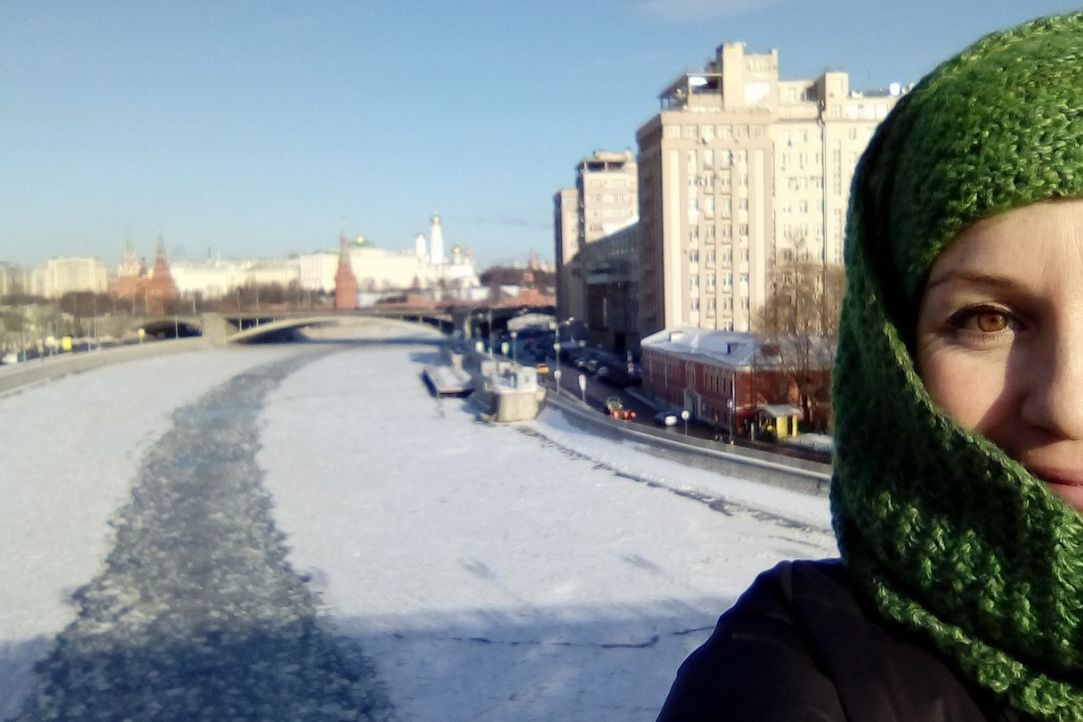
Research & Expertise

The Russian Science Foundation has announced the most recent winners of three-year grants for scientific research. Among the recipients are a number of projects carried out by scientists at the Higher School of Economics.

The Master Programme "Psychology in Business" HSE, together with the European Association of Cultural and Emotional Intelligent Projects (EACEIP), the International Center of the Coaching Training Consulting (CTC), and the International Network of Children's Schools for the Development of Emotional Intelligence (EI CHILDREN) took part in the organization and holding of the First International Science -Practical Conference "Working Emotional Intellect in Business and Education".
On October 19, the HSE School of Sociology hosted Dr. Kerstin Jacobsson, Professor of Sociology at the University of Gothenburg (Sweden), for a seminar entitled ‘Emotions and Morality in a neo-Durkheimian Perspective on Social Movements’. Held as part of the International Sociology Seminar Series, Dr. Jacobsson’s talk was based on the book Animal Rights Activism: A Moral-Sociological Perspective on Social Movements (co-authored with Jonas Lindblom), which develops a novel theoretical perspective on social movements. Following her lecture, she spoke with the HSE News Service about some of the key findings in her research on social movements, including as they relate to the post-Soviet space.
Springer, one of the world's leading publishers of scientific literature, has launched a new book series, entitled ‘Societies and political orders in transition’. The series has been initiated by the HSE Faculty of Social Sciences, and three HSE representatives are members of the series International Advisory Board, with the other four members coming from universities in Germany, UK and the USA.
On Tuesday, May 23, William Reisinger, Professor of Political Science at the University of Iowa, will deliver a seminar at the HSE School of Political Science entitled ‘The Impact of Petty Corruption on Political Support in Post-Soviet Societies’. Ahead of his seminar, Professor Reisinger spoke with the HSE News Service about the topic of his research, how his impressions of Russia and the post-Soviet world have changed since he began visiting the region, and the changing interest in Russia that he has observed among Western students over the past several decades.

-пробирки анализами в руках врача.jpg)


